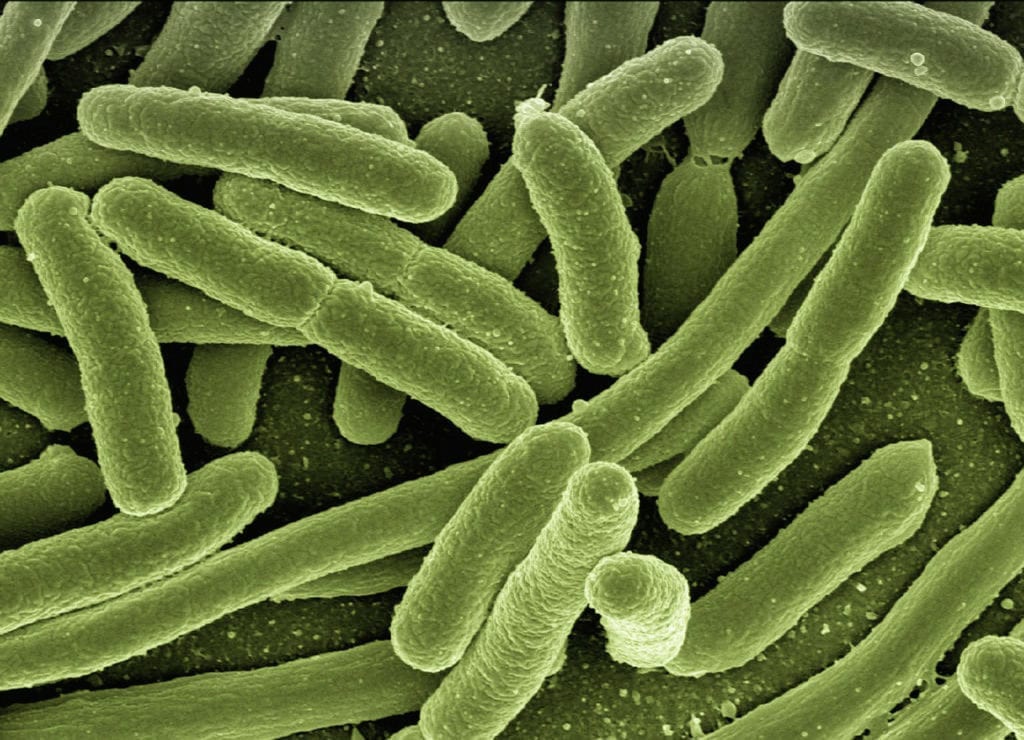Increasingly, researchers are looking into how the human microbiome – the trillions of microbes that live on and in your body – can influence various aspects of health, from nutrition to autoimmune diseases.
What the Human Microbiome is
The human microbiome is the total genetic information carried in the one hundred trillion microbes that coexist with a person’s body. Due to the microbiome’s importance and size (scientists have estimated that it could weigh up to five pounds), it’s often referred to as an organ. Made up of bacteria, fungi, protozoa, and viruses, the microbiome plays a key role in many of the body’s systems.
What Does the Microbiome Do?
Well, lots. According to this study, the microbiome has been linked to the development of immunity, defending the body against pathogens, nutrition, energy metabolism, vitamin synthesis, fat storage, and even human behaviour. For example, in babies, it’s microbes in the gut, and not the body itself, that breaks down the sugars in breast milk.
A Flexible System
The composition of the microbiome is known to change in response to environmental factors, such as getting older, eating different foods, and using antibiotics. Some of the most significant changes happen in babies and young children. For example, a baby’s microbiome may be affected by when they were born (full term or premature), whether they were delivered through vaginal birth or caesarean section, if they are given breast milk or formula, antibiotics, and the nutritional status of the mother. Many factors influence the microbiome, and it’s good at responding to its (and your) environment.
The Microbiome and Autoimmune Disorders
Given the large number of microbes and their ever-changing composition, it’s no surprise that the interactions between the microbiome and the body are extremely complex. However, researchers have suggested links between the microbiome and a wide variety of conditions, ranging from acne to cancer to depression. The University of Utah has dedicated a webpage to outlining some of the research into these links, and, they say, there is evidence to suggest that autoimmune disorders, including multiple sclerosis, rheumatoid arthritis, and lupus, could all be associated with changes to the microbiome.
According to them, the immune system may be more likely to mistakenly attack the body’s own tissues if it didn’t get the proper ‘training’ during childhood – something that microbes, particularly in the gut, play a significant role in. Some species of microbe may also affect the probability of developing an autoimmune disorder; for example, mice with segmented filamentous bacteria in the gut are more likely to develop arthritis and encephalomyelitis, while other microbes protect against type-1 diabetes in mice. However, establishing causality can still be an issue in this area of research; often, it’s not clear whether changes to the microbiome precede developing a condition, or occur as a result of it.
To find out more about the human microbiome and its links to disease, you can click here to visit the University of Utah’s Learn Genetics website.






